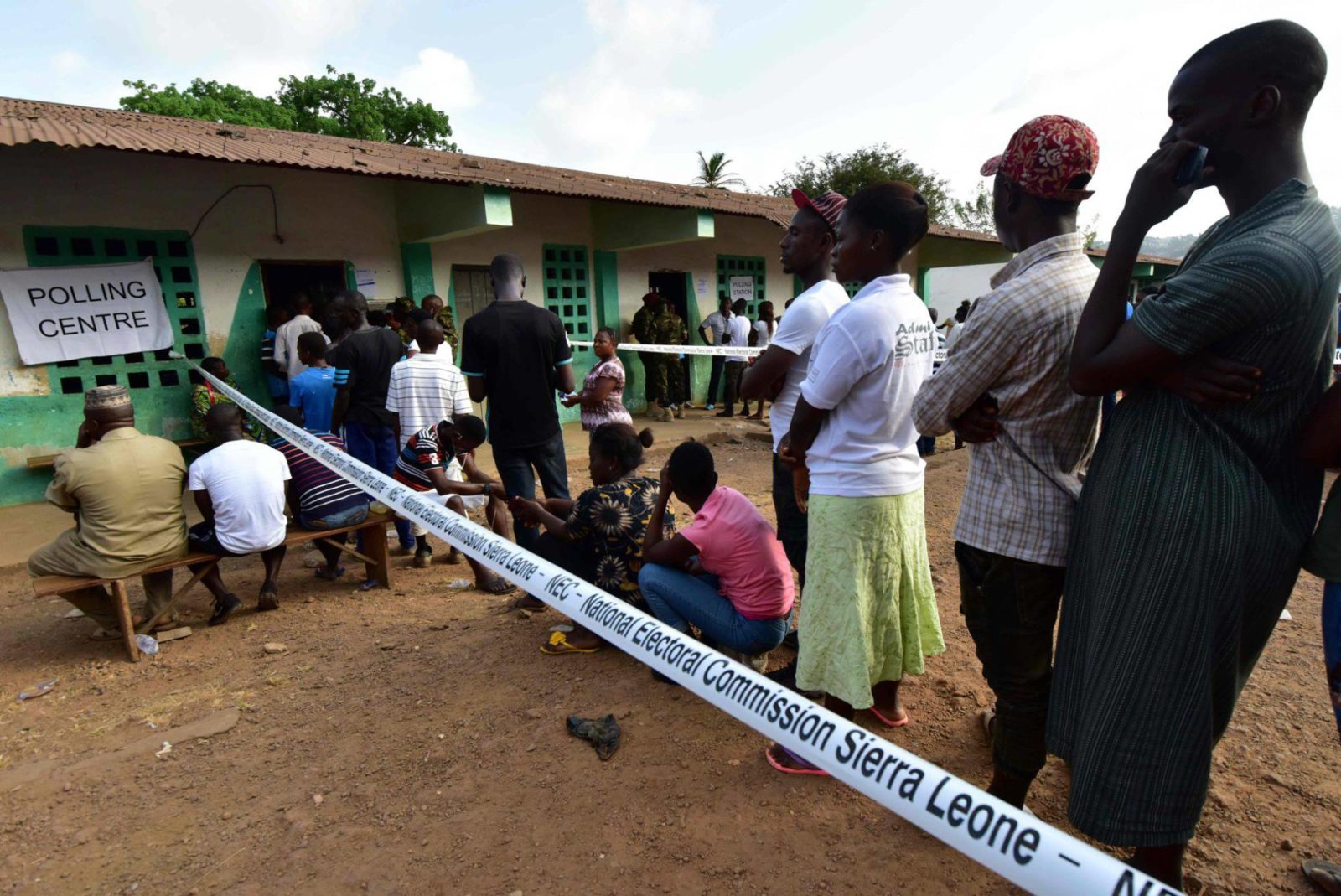
People lining up to vote in Freetown, the capital of Sierra Leone
The recent blockchain-based presidential election in Sierra Leone is a new milestone in online voting. The election took place in the most populous Western District of Sierra Leone, where upwards of 400,000 votes were manually recorded into a blockchain. Although elections using blockchain technology have already taken place in Estonia, they were on a smaller scale and only made use of proof of concepts.
The election in Sierra Leone changed the notion of voting because it demonstrated to a wide audience how blockchain-based voting systems can not only provide transparent results but also provide election committees with data, including a detailed breakdown of voting.
Although this election cannot be descibed as being fully ‘online’ (because it wasn’t decentralized), this article will look at some of the main reasons countries and governments should think about switching to online voting based on blockchain technology.
Most countries have probably faced a lack of transparency when it comes to elections. There is always the risk of results being manipulated in favor of one candidate or another, incumbents abusing their positions to garner more votes, not to mention vote rigging and electoral fraud. Suspicions exist, even when there’s little evidence of abuse. A more transparent system could help restore trust.
The Polys online voting system is based on blockchain technology, and the main advantage of this technology is transparency. A blockchain is a distributed database where all the information is stored on the computers of all network members — not in one place. This makes it very difficult to compromise — hackers would have to compromise all the computers on the network to get at the information. At the same time, any new information that enters into a blockchain is immediately visible to all network members and the history of changes is also in the public domain, which makes any manipulation of votes impossible.
Moreover, all the votes added to a blockchain are encrypted twice — by the voters themselves and by the smart contract for encrypted voting in the blockchain.
Online voting using a blockchain will cut out the printing costs of paper-based elections and get rid of, or significantly reduce, the number of polling stations.
Online elections can also positively affect the budgets of local authorities. When local authorities suffer from a lack of funding, organizing elections is often low down on their list.
According to research conducted by WebRoots Democracy, by switching to online elections the cost-per-vote would fall by 26% in the UK to £2.76, and reduce the number of accidentally spoiled ballots. But most importantly, the highest costs associated with elections — that of staffing and maintaining polling stations — would be cut dramatically.
For example, an estimated £32,000 was spent on purchasing 312,000 pencils for the EU referendum.
The Polys online voting tool can also be used to improve and modernize engagement with the electorate and electoral commissions as well as making it much easier to conduct quick polls or obtain an instant solution at public meetings.
The current election system certainly looks archaic, forcing voters to travel to a polling station just to put a cross on a piece of paper. The weather can play a role in deciding whether you go out to vote or not, while voting day may find you away on vacation. Voter turnout has been steadily declining in established democracies in Europe, Latin America and the US for the past few decades. Can modern technology help here?
According to the research mentioned above, online voting could push turnout up to 79% in the UK. It is also a great way to engage younger voters, busy workers and even citizens living abroad, not to mention those less mobile members of society for whom online voting may be the perfect solution.
Now, anyone can create an online vote based on blockchain technology and it doesn’t require any special computer knowledge — it’s easy to implement and automatically calculates the results. Although switching to online elections at the government level may (and should) take some time, elections to student councils or within local communities can already be held online.
We invite you to conduct your first online vote now — and, as always, we’d really appreciate any feedback.
Originally published at https://polys.me/blog